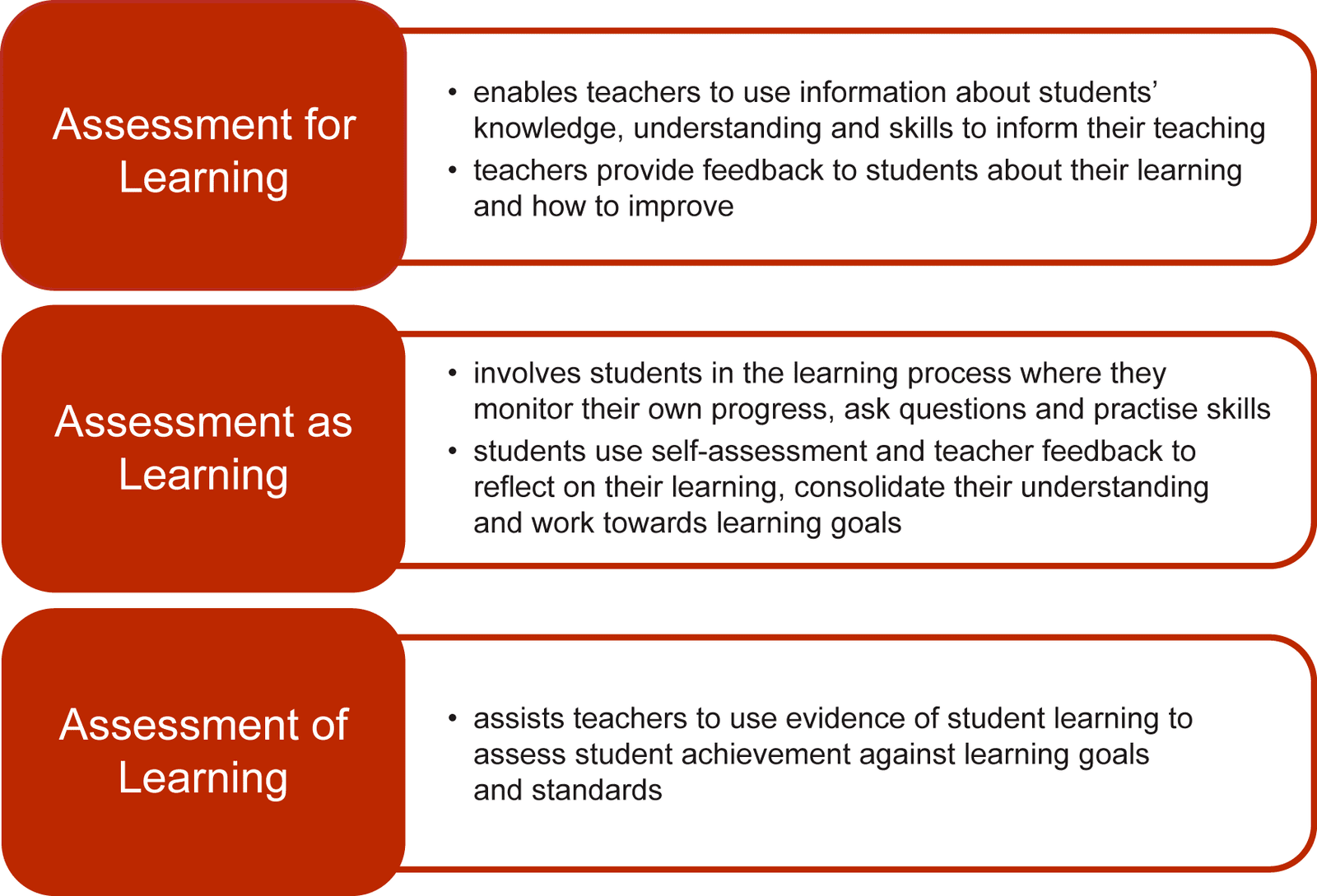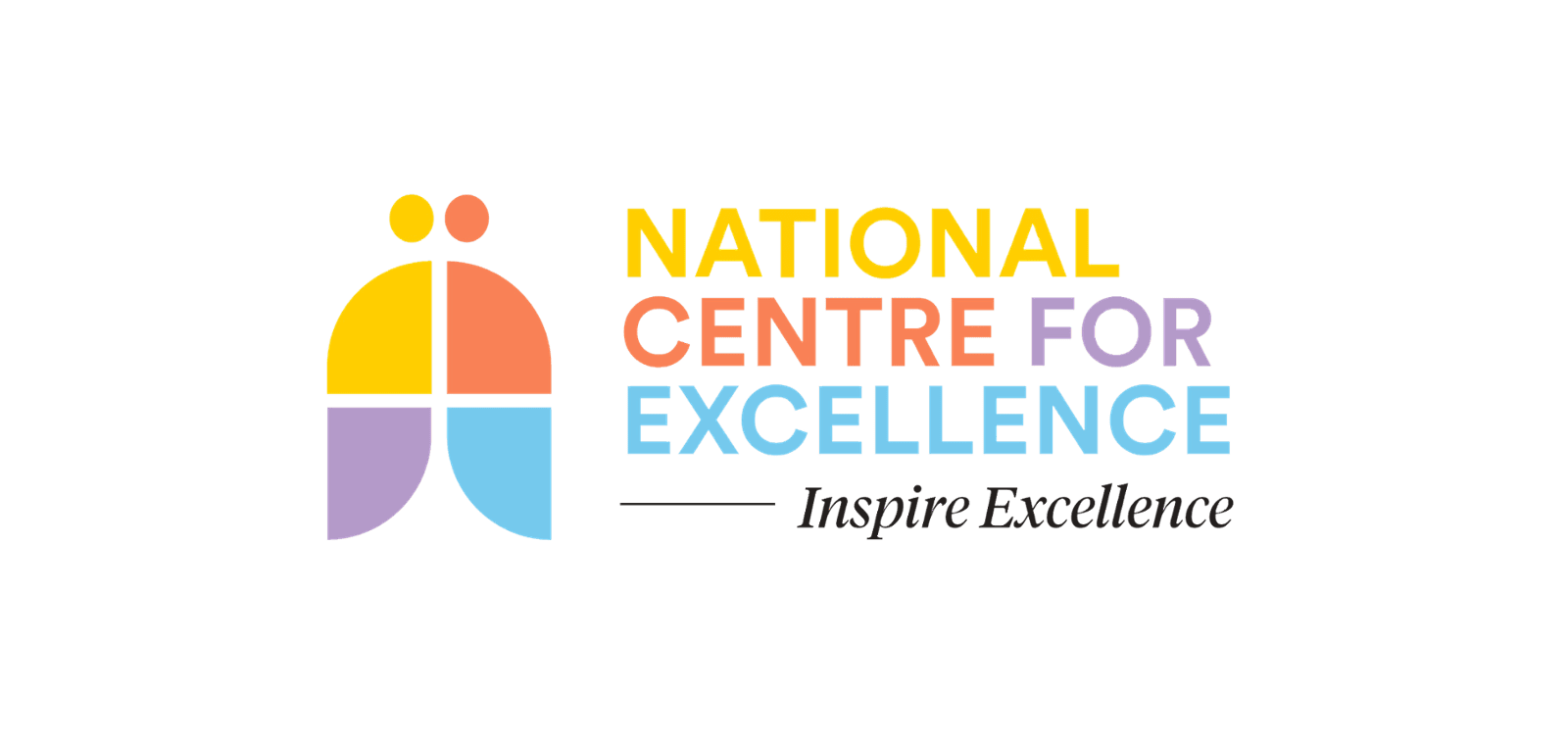Decoding the NEP for Parents 2.0.5
What is our purpose of Assessments in Education?
- Agility
- Varied methods or tools
- Exploring readiness levels
- Progress
- Skill
- Needs of learners

At NCFE, assessments of different kinds are built into our system and functionality.
Let’s understand the need and how we go about this process:
1. Diagnostic Assessment:
This kind of assessment helps a teacher know where the student stands in his/her learning. This could happen at the entry level to school or could be at the beginning of a class.
Example: If the objective for the day is to teach multiplication, a teacher must first understand if the student has mastered ‘place value’ before commencing the topic.
A few ways of conducting diagnostic assessments in NCFE include:
- Mind maps
- Flow charts
- KWL charts
- Short quizzes
- Journal entries
- Student interviews
- Student reflections
- Graphic organizers
- Classroom discussions
2. Formative and Summative Assessments
Assessment for Learning | Assessment of Learning | Assessment as Learning |
Learning on the go | Learning at the end of a unit or chapter | Students are involved actively in the learning process. Helps students set goals and achieve them effectively |
Adjustments are made from the teacher’s end to modify lesson plans and classroom management strategies | Assessments to check for student learning and if they are in alignment to the learning expected for the Grade | Assessments like peer assessments, self- assessments, |
What are students learning? What are the challenges? Where are the difficult areas? Which teaching strategies worked well? What changes can teachers’ make?
| Exam scores or test scores. What do these reveal?
A concrete grade that is communicated to parents, students and teachers. | Encourages problem – solving and critical thinking skills |

- a draft assessment to be put up
- reviewed
- the final draft is submitted
- National Olympiads
- International Olympiads
- ACER Examinations
- Cambridge English Qualifications
- Linguaskill
- IELTS
- Cambridge English Teaching
- NEET examinations
- IIT- JEE examinations
- GRE
- SAT
- TOEFL
